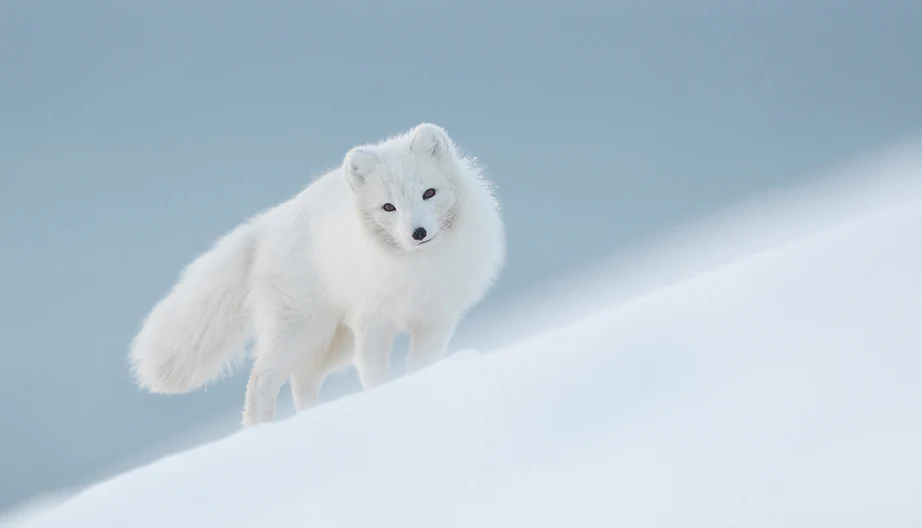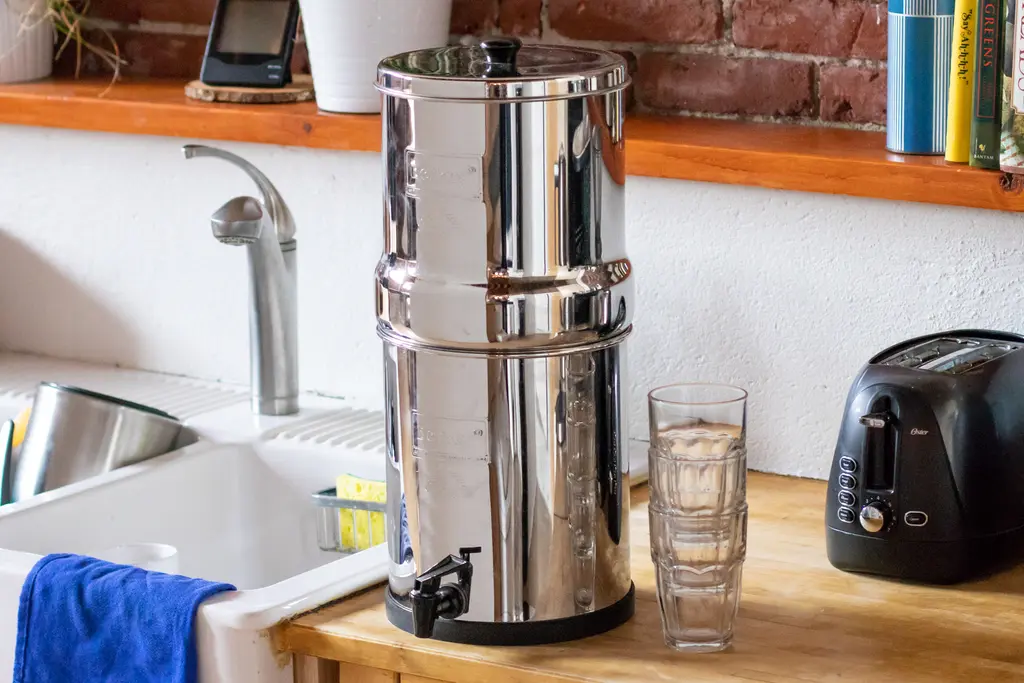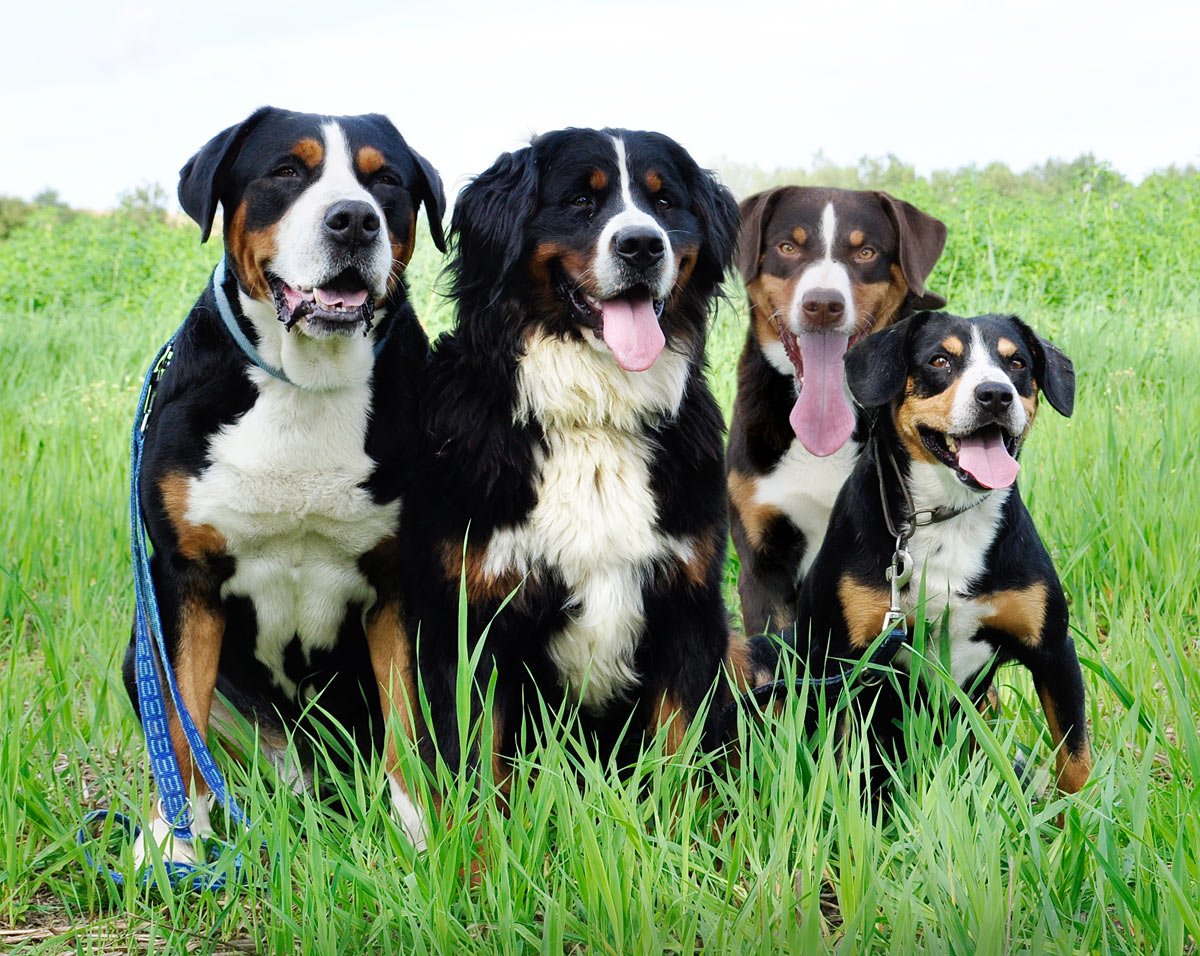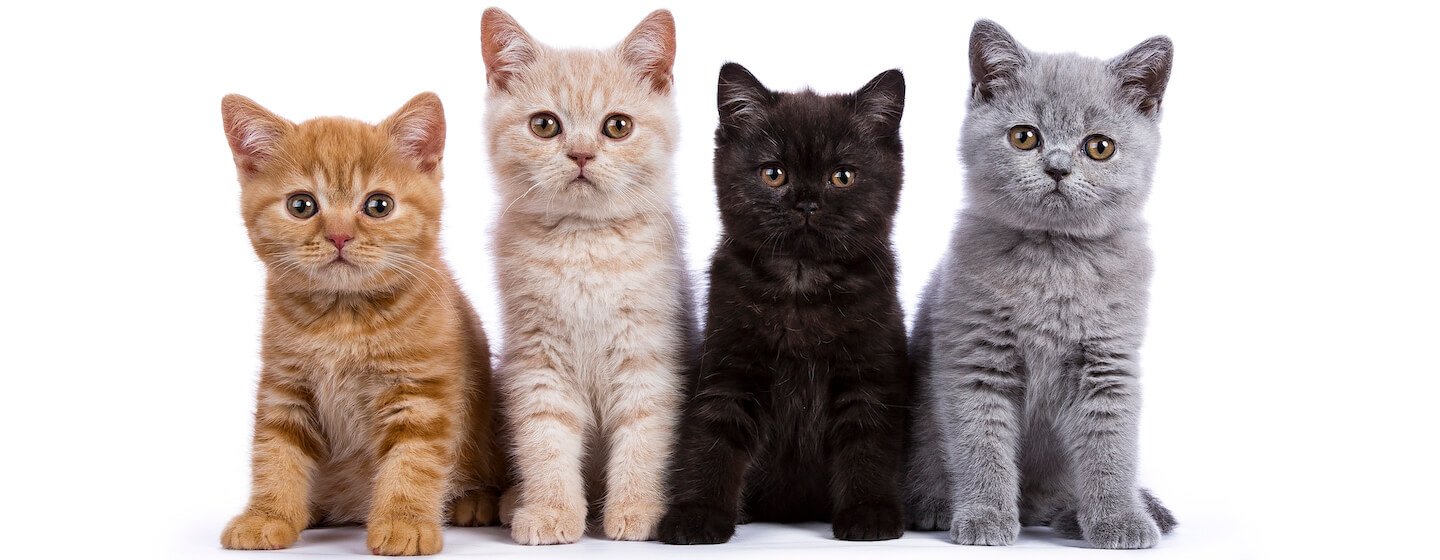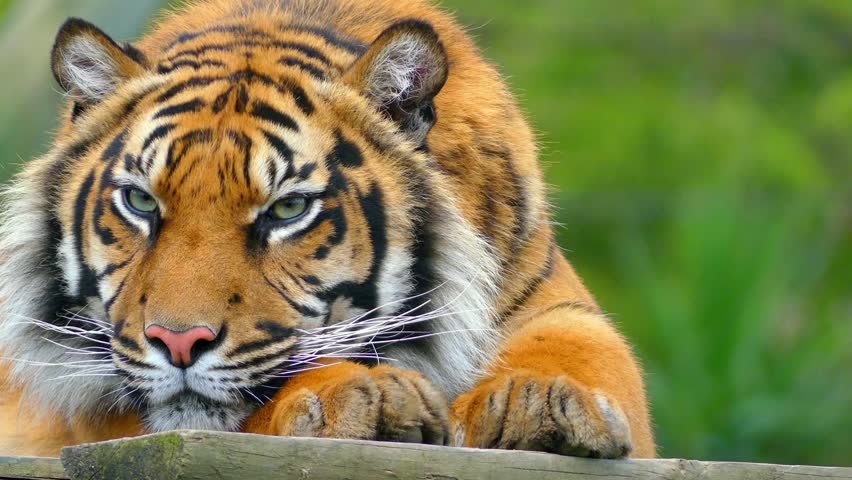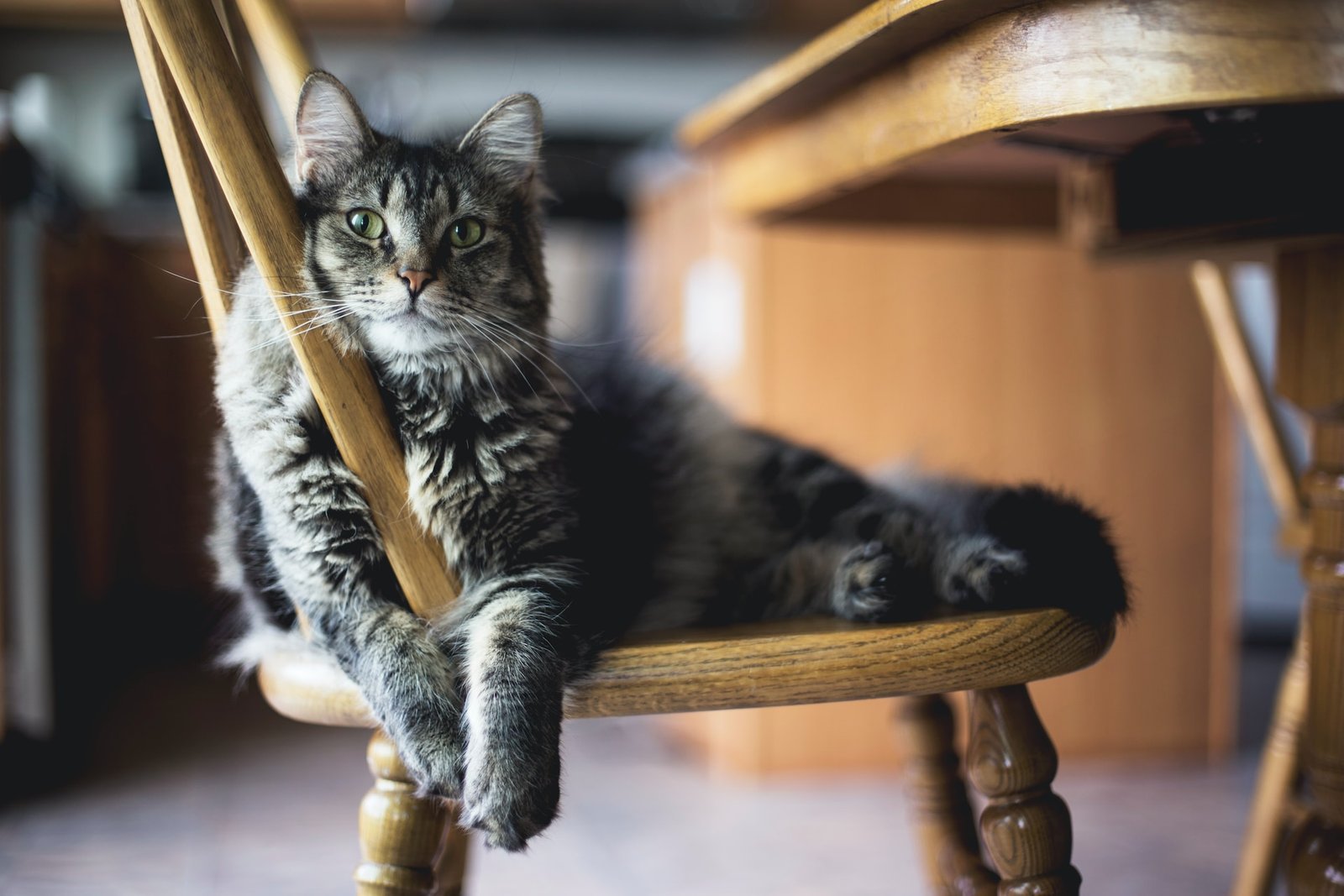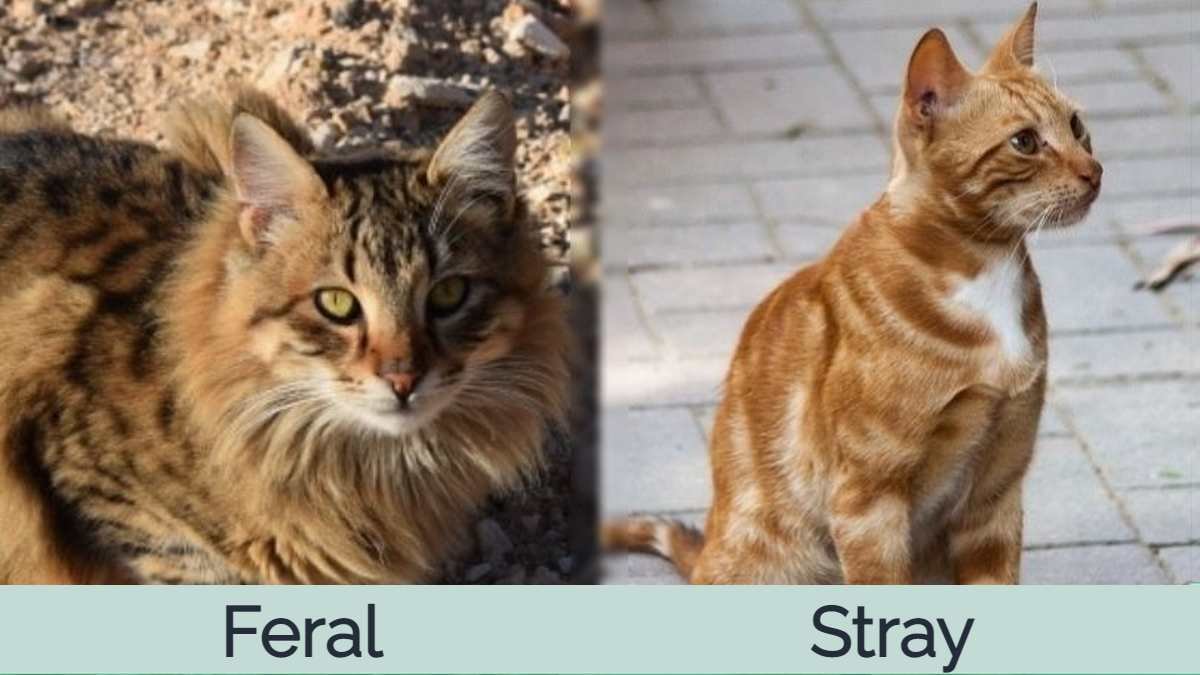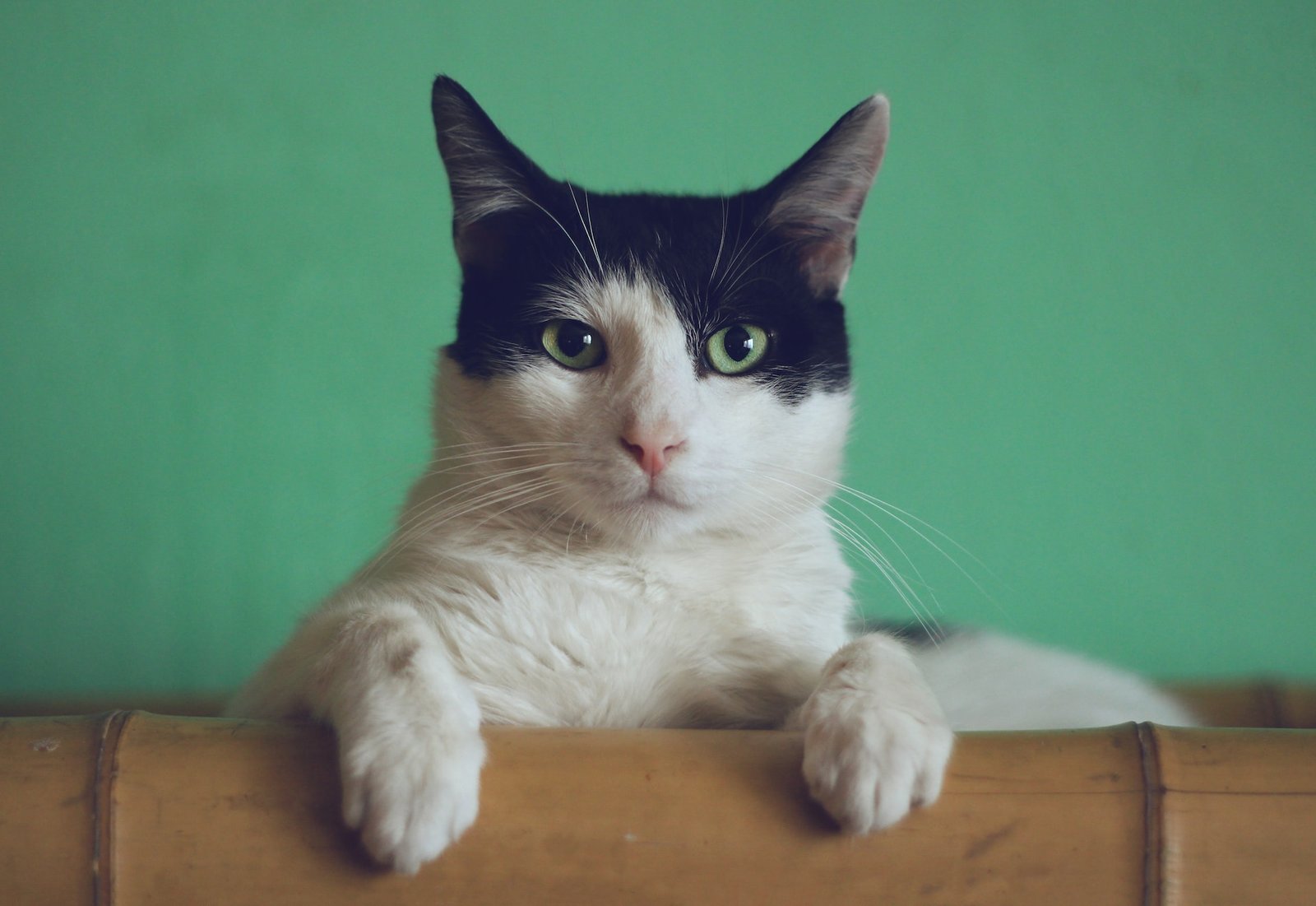There are many reasons to choose a Persian cat as a pet, ranging from its friendly demeanor to its luxurious coat. Persians are well known for their affectionate and calm personalities, making them an excellent choice for families with children or seniors looking for a companion. Persians are also relatively low maintenance in terms of exercise, making them ideal for people with busy lifestyles or those who live in apartments.
One of the most apparent reasons to choose a Persian cat is its beautiful coat. Persian cats come in a variety of colors and patterns, with long, soft hair that requires regular grooming but adds to their attractive appearance. Apart from their fur, Persians have adorable squishy faces, making them irresistible to many people.
Another reason to choose a Persian is their loyalty and devotion to their owners. Persians have a reputation for being a one-person cats, which means they will often bond with a single person and remain loyal and faithful to them throughout their life. That said, these cats are also very adaptable and can get along with other pets, as long as they are introduced to them properly.
Persians are also family-friendly and can be a great addition to a household with children. They enjoy being around people and are generally low-energy, making them content to relax and spend time with their family. Persians are also very patient and gentle, making them a good option for families with small children or other pets.
Lastly, Persians are long-lived cats that can live up to 15 years or more with proper care. That means that they can be a lifelong companion for those looking for a long-term commitment. Despite their long hair, these cats are not high-maintenance, and with regular grooming and veterinary care, they can lead happy and healthy lives.
In conclusion, Persians are an excellent choice as pets for their affectionate and calm personalities, beautiful coats, loyalty, and longevity. These cats can make great family pets, and their gentle nature makes them ideal for households with children. If you are considering getting a pet, a Persian cat may be the perfect companion for you!
Feeding and Nutrition for Persian Cats.
Persian cats are a unique breed with distinct nutritional requirements. To ensure that your pet is healthy and strong, it’s important to provide them with a balanced diet that meets their dietary needs. Feeding Persian cats requires high-quality protein sources such as chicken or turkey, as well as specific nutrients like taurine, which support overall health and well-being. It’s also important to supplement their diet with vitamins and minerals found in premium cat food formulas designed specifically for the breed. Generally speaking, Persian cats require higher moisture content in their diets due to their predisposition to urinary tract issues. Therefore, wet food or adding water to kibble can help keep them hydrated as well. Finally, portion control is an essential aspect of feeding Persian cats for overall health management; overfeeding can lead to obesity and related health problems such as diabetes or joint issues.
Nutrition for Persian Cats.
Feeding and Nutrition for Persian cats is an essential aspects of cat care. Persian cats are known for their unique features such as their long, silky coats and flat faces. However, these features also make them prone to certain health problems, especially relating to their diet. Hence, Persian cat owners need to provide a well-balanced and nutrient-dense diet to keep their cats healthy.
Firstly, Persian cats require a high-quality protein diet to maintain their lean muscle mass. Protein is an essential nutrient that plays a vital role in a cat’s body, including maintaining a healthy immune system, building and repairing tissues, and supporting healthy skin and hair. Therefore, it’s important to incorporate protein-rich food sources such as poultry, fish, and meat into their diet to meet their daily nutritional needs.
Secondly, Persian cats are prone to obesity, which can have devastating effects on their health. To prevent obesity, owners should control their cat’s portion sizes and avoid giving them excessive treats or human food. It’s essential to ensure that their diet is balanced and provides all the necessary vitamins and minerals needed for their well-being.
Thirdly, Persian cats require a diet that’s low in carbohydrates. High-carbohydrate diets can lead to various health problems, such as diabetes and obesity, in Persian cats. Therefore, owners should avoid foods that contain high levels of carbohydrates, such as rice or corn, and instead opt for high-quality protein sources like chicken or salmon.
Fourthly, hydration is crucial for Persian cats’ health. Dehydration can cause various health problems, such as kidney stones and urinary tract infections. To ensure that their cats stay hydrated, owners should provide fresh water and wet food, which contains moisture that helps to keep their cats hydrated.
In conclusion, feeding and nutrition for Persian cats are crucial aspects of their care. Owners should provide a well-balanced and nutrient-dense diet that meets their cats’ daily nutritional requirements. A diet that’s rich in protein, low in carbohydrates, and provides hydration will go a long way in maintaining their cats’ health and well-being. A healthy diet can also prevent various health problems that may require expensive veterinary care. Therefore, it’s essential to pay attention to what your Persian cat eats to ensure a long and healthy life.
Internal Link – bilaar



